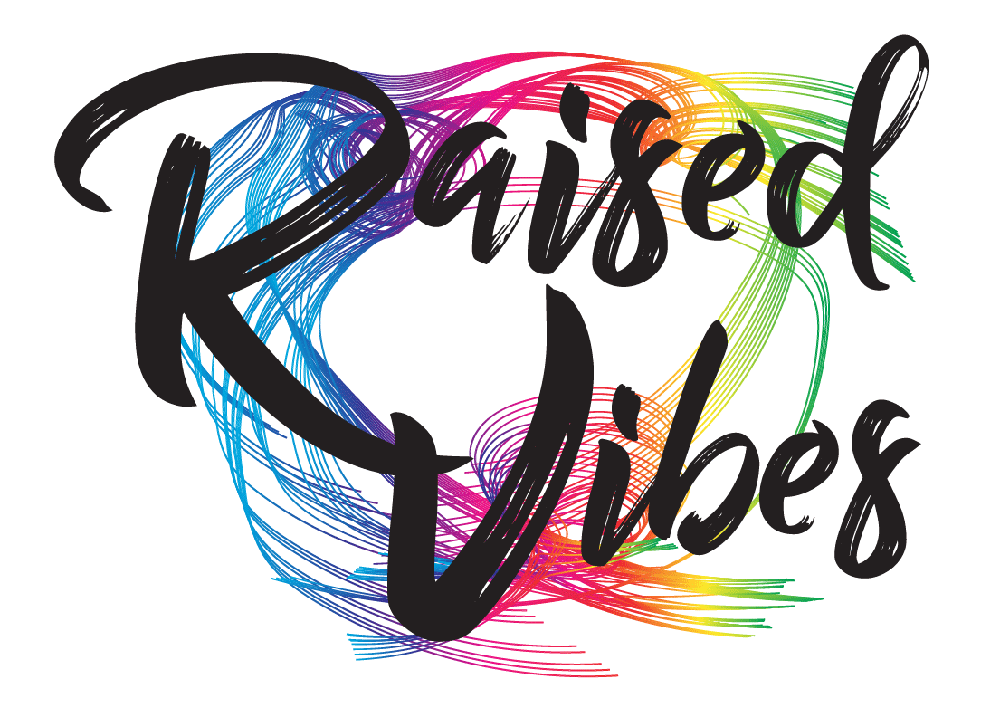Confused About Carbs?

Food is complex and contains macronutrients which are Carbohydrates, Proteins, and Fats as well as Micronutrients, which are water-soluble vitamins, fat-soluble vitamins, micro-minerals, and trace minerals.
Carbohydrates are being blamed for gaining weight and making people fat. But any food can have this effect if you eat more than your body needs. If you always consume more energy compared to what your body uses, it will cause you to gain weight.
Carbs are molecules that contain single, double, or multiple sugar molecules called saccharides. Refined carbohydrates are processed carbs, found in foods like baked goods, cakes, cookies, bread, crackers, chips, pasta, sugar-sweetened beverages, processed foods, fast foods, etc. These refined carbohydrates have removed most of the fiber, minerals, vitamins, water, antioxidants, and enzymes.
Whole carbohydrates or complex carbohydrates, on the other hand, are not highly processed, such as fruits, vegetables, whole grains, beans, and legumes, which contain all their natural fiber, nutrients, and digestive enzymes. Well, technically fruit is a simple carbohydrate as is dairy.
Monosaccharides are the simplest carbohydrates, in that your body cannot break them down further. There are three:
Glucose: Fruits and vegetables are natural sources of glucose.
Fructose: The primary natural dietary source of fructose is fruit,
Galactose: The main dietary source of galactose is lactose.
Disaccharides consist of two sugar molecules - or two monosaccharides bonded together. Your body needs to break the bonded molecules apart before they can be absorbed. There are three:
Sucrose (glucose + fructose): Most often called table sugar - is a natural sweetener derived from sugarcane or beet. It’s added to foods during processing and occurs naturally in fruits and vegetables.
Lactose (glucose + galactose): Also known as milk sugar lactose is found in milk products.
Maltose (glucose + glucose): Maltose is found in malt beverages, such as beer and malt liquors.
*Fruits are a rich source of mono- and disaccharides. Your body breaks down foods such as sucrose and starch into fructose and glucose during digestion. The fructose and glucose are metabolized by your body to release energy to your cells. Glucose raises bloood sugar levels, where fructose does not raise blood sugar levels.
We also see a great deal of confusion surrounding legumes, beans, and starches.
Legumes - are plants that bear fruit that grows in pods like lentils.
Beans - are the seed from different varieties of plants, although typically the whole plant is referred to as beans. In other words: all beans are legumes but, legumes aren't necessarily beans.
Legumes' content of total carbohydrate, including complex carbohydrates, ranges from 65-72% by weight on a dry basis, of which 85% is composed of starch.
So what is starch? Starch is a type of carbohydrate, also referred to as a complex carbohydrate since it is made up of long chains of sugar molecules. Starches are a more concentrated source of carbohydrates and calories than fruits or nonstarchy vegetables.
Starchy foods include peas, corn, potatoes, beans, pasta, rice, and grains with beans being the healthiest starchy food choice as it is full of fiber.
So what do people mean when they talk about a low carbohydrate diet or avoiding carbs? The majority of the time, people are referring to refined carbohydrates as in white rice, white flour, pasta, white bread, baked goods, and table sugar. The natural fiber has been removed along with most, if not all of the nourishment.
So guess what, it is ok to eat carbs again! Just do it as naturally as possible with a high intake of fruits and veggies.






